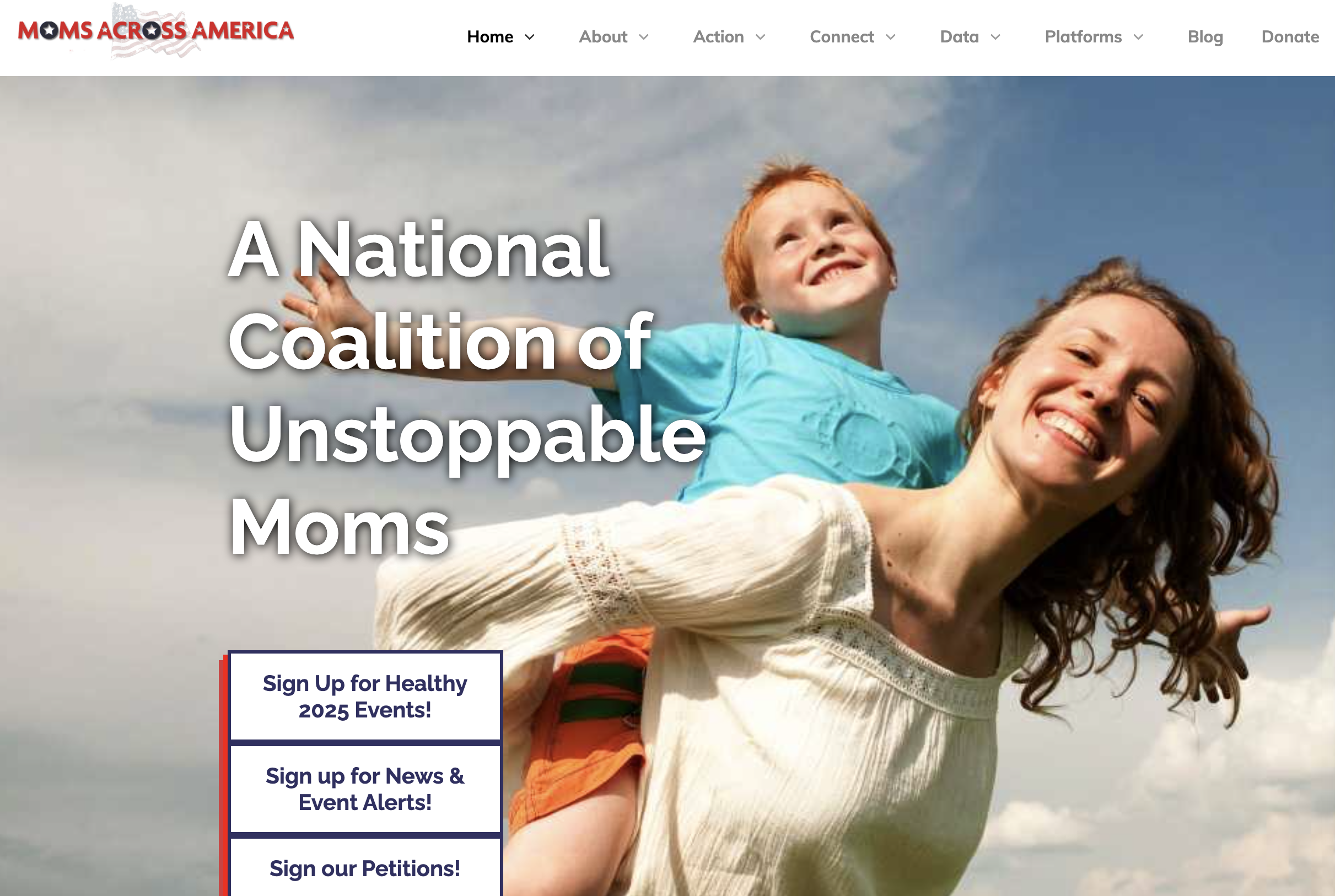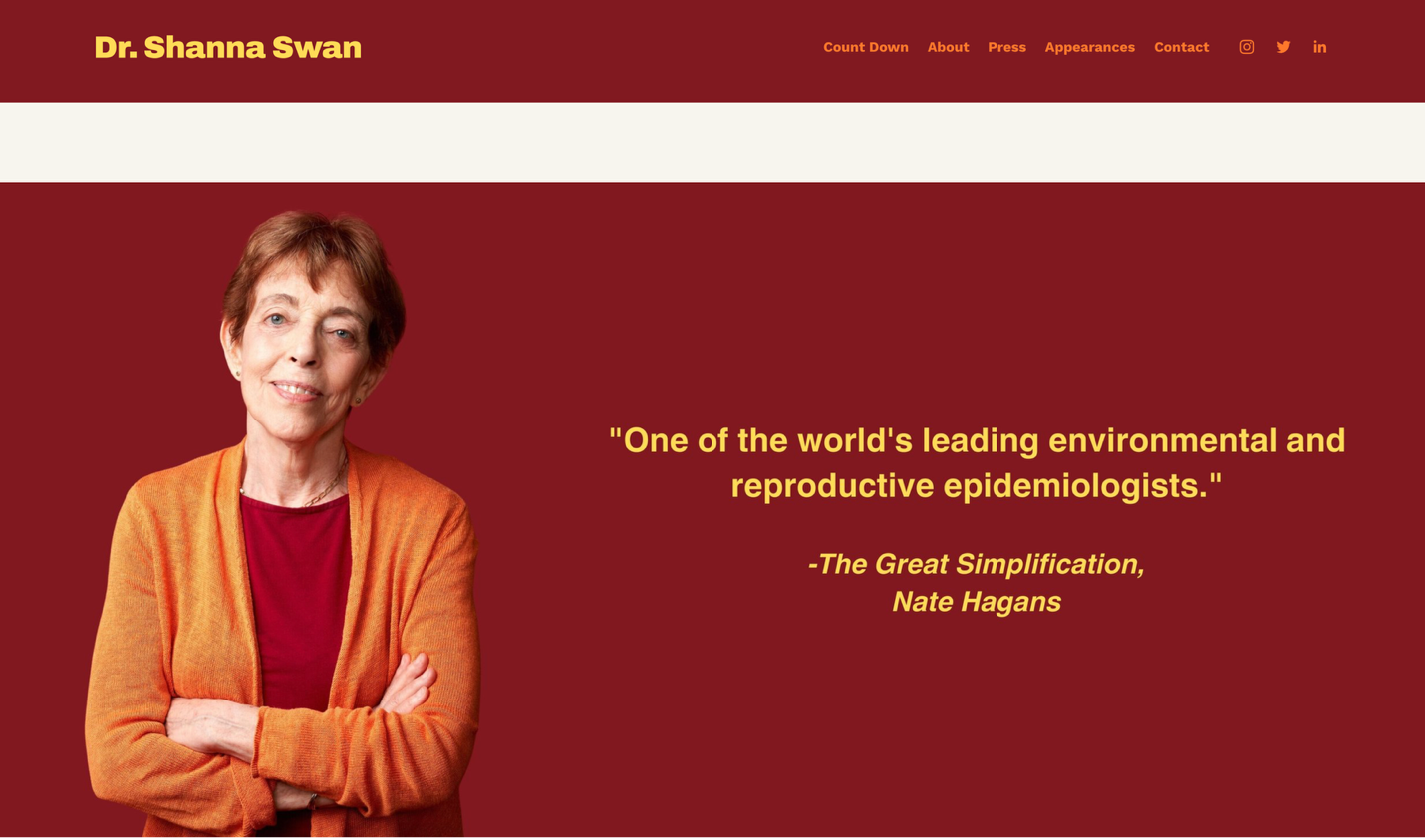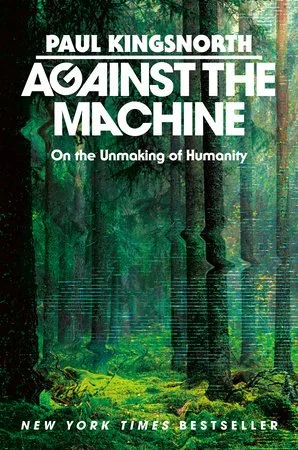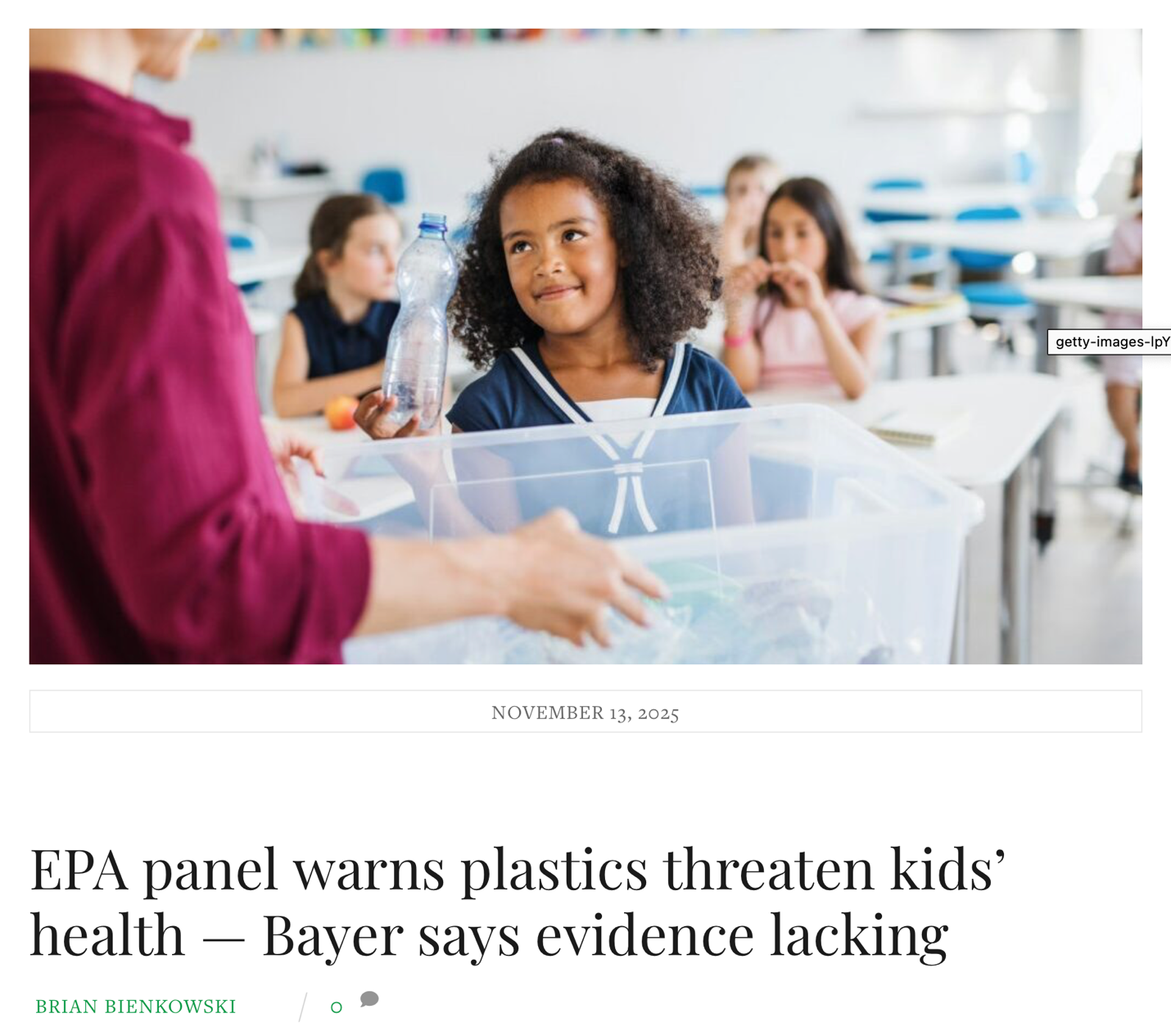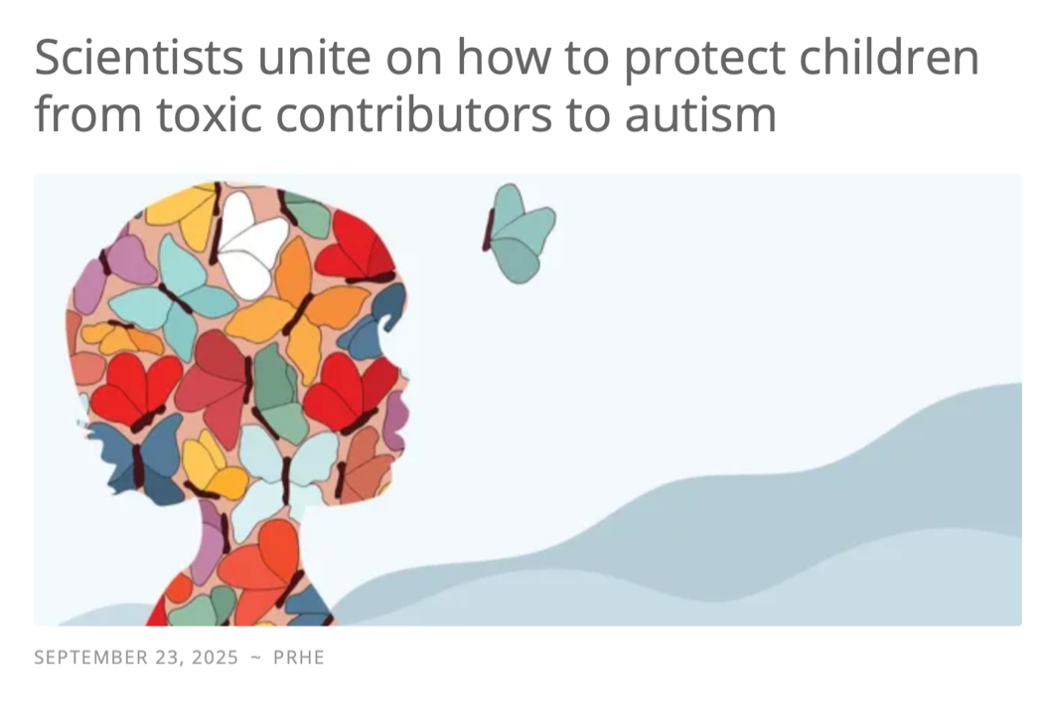"Nail Polish" by Joe Shlabotnik is licensed under CC BY 2.0
Abundant research links the chemicals in personal care products with a wide array of health effects, particularly reproductive problems, including infertility, fetal death, preterm delivery, and smaller babies. Unfortunately, manufacturers can disguise many of these chemicals under the generic term "fragrance," so that consumers are not even aware of the toxics to which they are exposed.
It is probably not a surprise that the volatile organic compounds (VOCs) in nail polish are a risk factor, particularly for those working in solons, who are disproportionately of Asian descent. Phthalates, often used in personal care products or food containers, have been measured in the urine of almost all of the U.S. population and linked to various health effects, especially male reproductive defects like undescended testicles and hypospadias, a birth defect of the male urethra. Parabens, frequently used as preservatives in cosmetics, possess estrogenic characteristics, which may be a risk factor for breast cancer, and parabens have been found by the CDC Biomonitoring Project in the urine of most U.S. citizens tested. And these are not the only risky substances to which personal care product users are exposed. Frequent users of beauty products have been found to have a higher risk of breast cancer. Hair dressers and cosmetologists, who often have contact with beauty products, have been found in multiple studies to suffer from fertility disorders and pregnancy complications more often because of their constant exposure. The evidence that bladder cancer rates are higher among hairdressers, particularly those working in the industry more than ten years, is even more robust. In addition, levels of chemicals from personal care products have been found to be higher among women of color due to differing usage patterns of beauty products. A 2020 study found that endocrine-disrupting chemicals and carcinogens associated with breast cancer are more predominantly found in hair products used by black women.
What we really need is meaningful reform of the laws governing environmental chemicals in this country, which is being thwarted by the current administration. But in the meantime, one of the remedies to this dilemma for the average person is the Environmental Working Group's (EWG) website Skin Deep, which indexes various personal care products to help consumer sort out safer sunblocks and more benign blush. I particularly recommend their twenty-minute video on the problem of toxic chemical exposure via personal care products and the general environment. It’s a slightly dated but still excellent explanation of the problem.
Simplify, simplify, simplify, as Thoreau said. Besides potentially toxic effects of chemicals in beauty products, the skin microbiome, which is essential to health, tends to do best the less we do with it. Skin products can last for weeks on the skin after use and alter the existing microbiome. I also recommend investigating safer products. Although I would not want to endorse one certain product, I use Boom by Cindy Joseph, which claims to mostly organic and natural ingredients, with no phthalates and parabens. And there are other more natural products out there, with increasing availability as demand expands.



